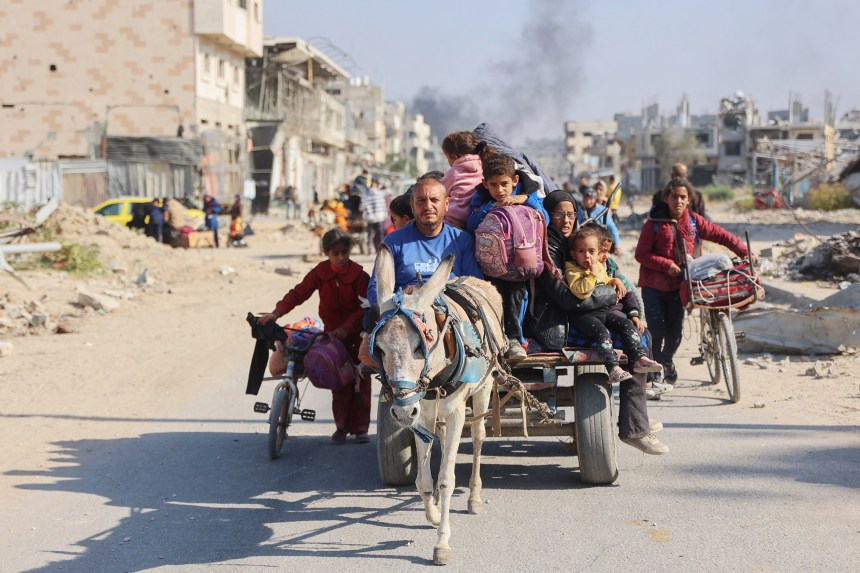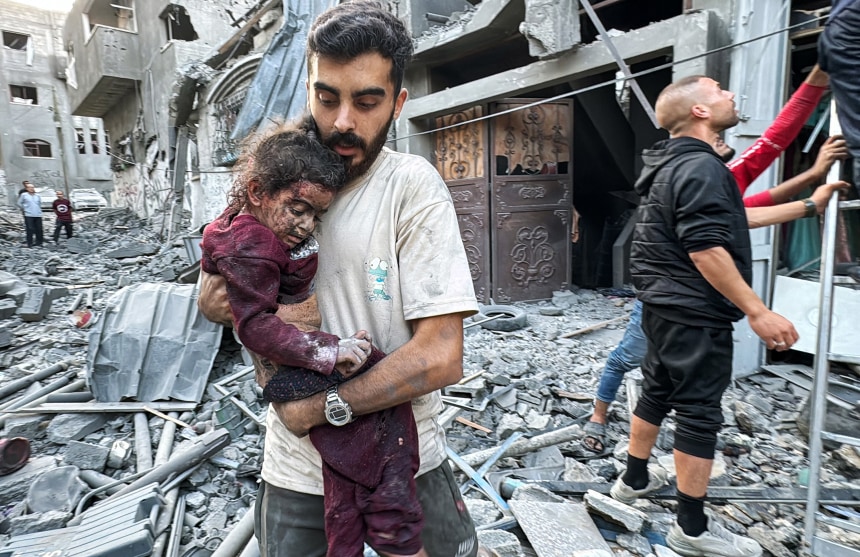Gaza's Humanitarian Crisis Worsens: Aid Access Severely Limited
The humanitarian crisis in Gaza has reached a critical point as the United Nations continues to sound alarms over the restricted flow of aid. Reports confirm that only around 30 trucks of essential supplies have been allowed into Gaza daily—a minuscule amount compared to the 500 trucks that once entered daily before intensified hostilities began. This severe drop in aid delivery is leaving millions in a precarious state, facing severe shortages of food, water, and medicine.

Blocked Aid Routes Exacerbate the Crisis
Efforts to deliver humanitarian aid to Gaza have been hampered by border restrictions and military actions. Critical crossing points, such as Rafah, remain largely closed or heavily regulated, preventing substantial aid from entering the area. Supplies are piling up at border locations, with essential items desperately needed by families in Gaza remaining out of reach. Calls for opening crossings and creating safe delivery routes have intensified, with growing demands from global leaders for unimpeded aid access.
U.N. and Global Pressure Mounts
The U.S. has placed pressure on Israel to allow more aid through, even tying military assistance to compliance with aid delivery terms as dictated by the Foreign Assistance Act. Despite minor improvements, humanitarian officials argue that the response remains inadequate given the scale of suffering on the ground. Philippe Lazzarini, commissioner-general of the United Nations Relief and Works Agency (UNRWA), highlighted the dire need for swift and large-scale aid to prevent a humanitarian catastrophe.
Daily Life in Gaza: A Struggle for Survival
For those on the ground, the situation is nothing short of harrowing. Families report scouring for food, with basic necessities now considered luxuries. Hospitals struggle to provide care, often without sufficient medical supplies or electricity. The international community is being urged to intervene more robustly to ease the suffering and prevent a further humanitarian disaster.

What Comes Next?
Global leaders and humanitarian agencies stress the need for sustained aid flows and a focus on ceasefire agreements that ensure long-term peace and stability. The crisis in Gaza is a stark reminder of the human cost of prolonged conflict and the urgent need for international cooperation to safeguard basic human rights.
Conclusion
The unfolding humanitarian crisis in Gaza underscores the urgent need for immediate and sustained international intervention. Restricted aid deliveries, relentless conflict, and a deteriorating humanitarian infrastructure have pushed millions of people to the brink of famine and desperation. Despite global calls for ceasefires and increased aid access, the situation remains critical. Every day that passes without a meaningful solution exacerbates human suffering.
The world cannot afford to turn a blind eye. Ensuring humanitarian aid reaches those in need is more than a moral obligation—it is a necessity for preserving basic human dignity. Lasting solutions, coupled with immediate relief measures, are crucial to bring a semblance of hope and security to the people of Gaza. Continued pressure and collaboration among global powers will be key in addressing this crisis and alleviating the immense suffering faced by civilians caught in this conflict.




0 Comments
If you have any doubts, Please let me know.